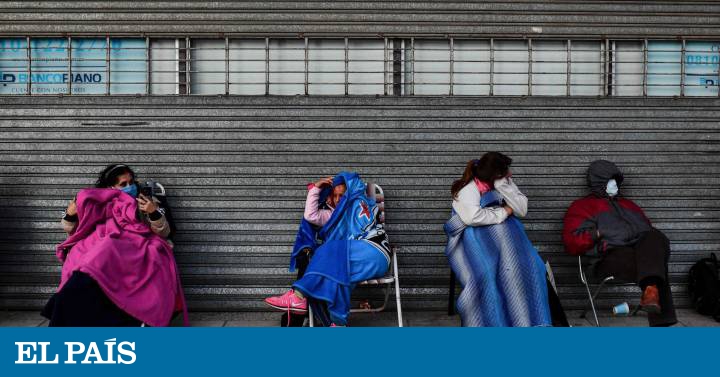The pandemic reached Latin America and the Caribbean. It is our duty to turn the world map and tell the stories from our place. The scenes are of war and abandonment. The largest cemetery in Latin America, in São Paulo, opened hundreds of graves to prepare for what will be devastation. The image was on the cover of The Washington Post newspaper and traveled the world. There was no face or name in the image, perhaps bodies of anonymous that will be statistics in a pandemic. There is no time for obituary or mourning — it is the death that is announced and does not even allow funeral rites.
It is time to go around the globe and watch the pandemic from our place in the world: we need narrators of necropolitics in our countries and neighboring countries. Women and men from poor countries, such as the scenes of the bodies left on the streets of Guayaquil, the center of the disease in Ecuador, anticipate what the pandemic will be like in Latin America and the Caribbean. In Guayaquil, 17% of the population lives in poverty, and there is a large concentration of indigenous communities. These people have no way of saving themselves, since they are people who already lived on the margin of privileges before the arrival of the disease.
The pandemic is a global health crisis followed by an unprecedented economic crisis. Scenes from the construction of a hospital in weeks, as it was in Wuhan in China, or the arrival of a military ship with 1,000 stretchers in New York, will not be the images we will see of the countries that survived colonial inequality centuries ago. Crowd statistics offer us a false sense of equal vulnerability to disease: old bodies at increased risk of disease fatality have sex, color, and class. The bodies most vulnerable to racism, poverty and sexism will die from covid-19, particularly those living in countries without universal public health coverage.
There is no individual response to the care necessary for survival in a pandemic. The strength of national states is necessary for social protection packages due to work, health and families. The two trillion dollars offered by the United States government in response to the pandemic are equivalent to the Brazilian or Mexican GDP, two of the richest countries in Latin America and the Caribbean. It is about twenty times greater than Ecuador's GDP. The country can follow the formula of economists active in the urgent response to the crisis, such as Monica de Bolle's, on how to increase external debt or produce currency: likewise, inequality will determine the necropolitical of the pandemic.
The body most vulnerable to necropolitics will be the one with the most intersections of inequality in daily survival - that of black or indigenous women, informal workers, without access to health services. The strength of the state's response will be measured by its ability to subvert neoliberal individualism. This is a political project that fails, as the consequences of the pandemic show, to protect none of us.
Debora Diniz is a Brazilian, anthropologist, researcher at Brown University.
Giselle Carino is an Argentinean, political scientist, director of IPPF / RHO.
You can follow EL PAÍS Opinion on Facebook, Twitter or subscribe here to the Newsletter.

